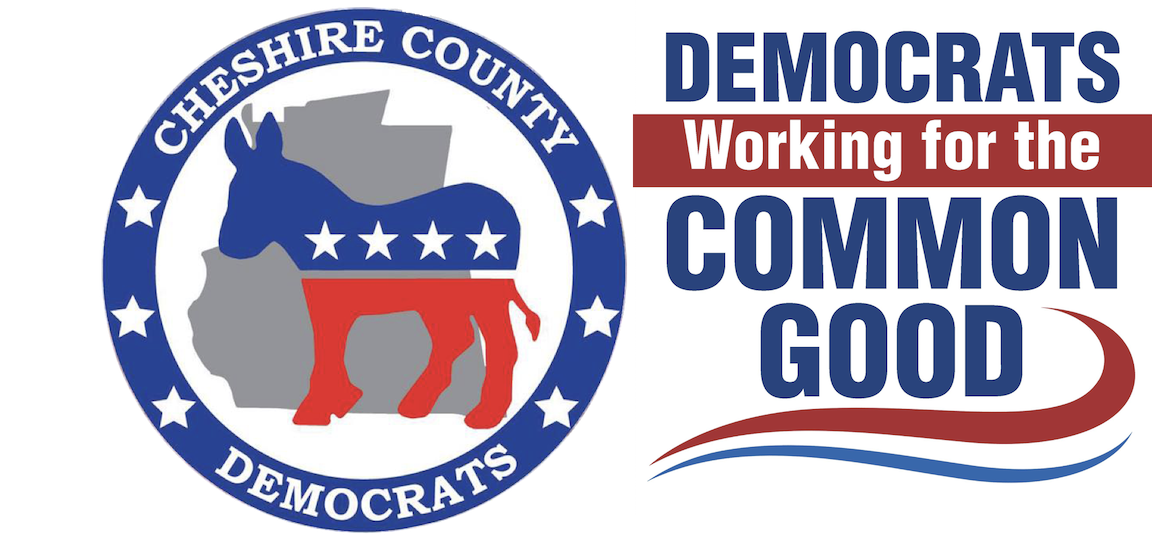Centuries of male-dominated history brought us here. How do we get everyone to accept that?

“Infowars” host Alex Jones arrives at the Travis County Courthouse in Austin, Texas, on April 17, 2017. Brennan Gilmore, a former State Department official who became the target of harassment after posting a video showing the car attack during a white nationalist rally in Charlottesville, was suing right-wing conspiracy theorist Alex Jones and others. (Tamir Kalifa/Austin American-Statesman/AP)

When I try to imagine what it might feel like to be a man, particularly a white man at this moment in time, I imagine what it would feel like to walk into a screening of “The Karate Kid” with only four minutes left in the movie.
You might notice the rest of the audience cheering loudly for Ralph Macchio, and not understand exactly why. Yes, his opponent is bigger and more aggressive — but they’re both trying to compete. They’re both fighting in the same ring. Since you’d missed the first 123 minutes, you wouldn’t know Billy Zabka and his friends spent most of them torturing Macchio. That the movie was basically two hours of how cruddy it was to be Macchio, followed by a solitary hard-fought win.
Which brings me to thinking about this week.
This week, conspiracy peddler Alex Jones’s show, “Infowars,” was bannedfrom multiple media platforms. Jones delivered an impassioned online broadcast to his 72 percent male audience. “We knew it was coming,” he told them, continuing the narrative his show is built on — namely, that minorities, feminists, lesbians and liberals are all out to get people like him.
This week, a group of mostly male white nationalists prepared to rally in Washington — a sequel to their Charlottesville rally last year, when marchers chanted “Jews will not replace us” and a counterprotester was killed. As the nationalists planned the event in a Facebook group whose contents were later leaked, they reassured each other: “It’s okay to be white,” one man wrote.
I think of Alex Jones’s terrified, paranoid listeners, and of the terrifying white nationalists, but I also think about how those groups are the warped, warted, extreme version of a lot of current masculine fear and pain. There are cohorts of regular white men now who believe society is leaving them behind or making them victims. Delivering a crane kick to the face.
This week, a polite and inquisitive male reader emailed me after seeing news about sexual harassment: “Who speaks for me?” he wrote. “I was generally supportive, but . . . is it possible what you #metoo people want is not equality but power for yourself?”
This week, wounded-feeling men (and some women, too), took to comment boards to protest a New York Times hire, Sarah Jeong. As a satirical response to her own mistreatment online, she had tweeted a stream of statements, such as “#CancelWhiteMen” as far back as 2013. Some white men were furious: “If this was said about women, you’d hear the screeching on Mars,” wrote one.
Maybe, I thought. But then again, you missed the beginning of the movie. Should we rewind it? There’s a really good training sequence with Pat Morita, and also a 150-year montage where white men denied women the right to vote and people of color were enslaved and disenfranchised.
[Nearly a year into #MeToo, it is time to discuss bad guys who think they are good guys]
I don’t know how to explain to Alex Jones’s listeners that the groups they see as so scary are actually the groups they have spent decades scaring. I don’t know what to do about people who want the playing field to be level now but didn’t notice or care whether it was level before. I don’t know whether to be patient or enraged.
It must be embarrassing to suddenly feel like you’re not the hero of the story anymore, to wake up and wonder if you’re Billy Zabka. I get that.
I called up Robin DiAngelo to work through this. She’s a sociologist whose new book, “White Fragility,” explores why white people have a hard time talking about race. But she also delves into masculinity, and we talked about how some lessons about race are applicable to gender.
She talked about how men and white people (she’s white, so am I) can be reluctant to open their eyes to sexism or racism. Because once we see it, and once we realize what other groups have been going through, it’s horrific. It requires deep self-reflection; it can make us wonder if we really are the good people we’ve believed ourselves to be.
It can also make us defensive. We’d rather see racism and sexism as “explicit, intentional acts of meanness,” she says — and because many of us have never been intentionally mean, we can choose to believe we haven’t been racist or sexist. We can craftily separate ourselves from the bad people. When actually, racism and sexism are both bad societal structures. We inherited them. Our willful blindness supports them.
This week, like many weeks in this modern era, I felt despairing almost every time I turned on my laptop or television. Some things seem beyond hope. The white nationalists planning to march on Washington seem beyond hope.
But, for other people, could we start by going back to the beginning of the movie?
In its very last moments, just before the credits, Billy Zabka figures out how to be a better guy. He realizes how terrible he’s been to Macchio, mostly at the behest of his own deranged studio. In the end it turns out he was a cog in a bad system, too.
Monica Hesse is a columnist writing about gender and its impact on society. For more visit wapo.st/hesse.

